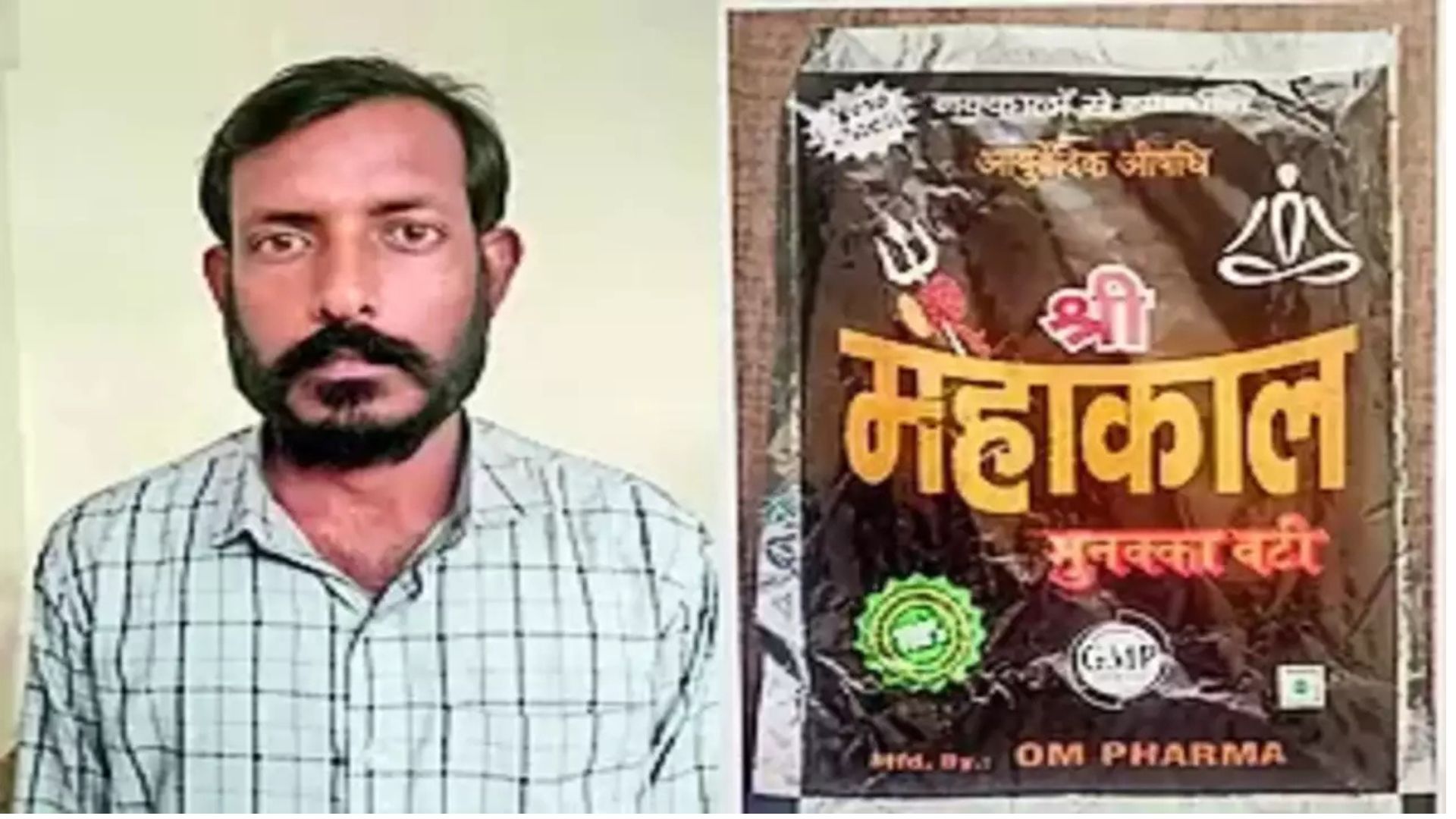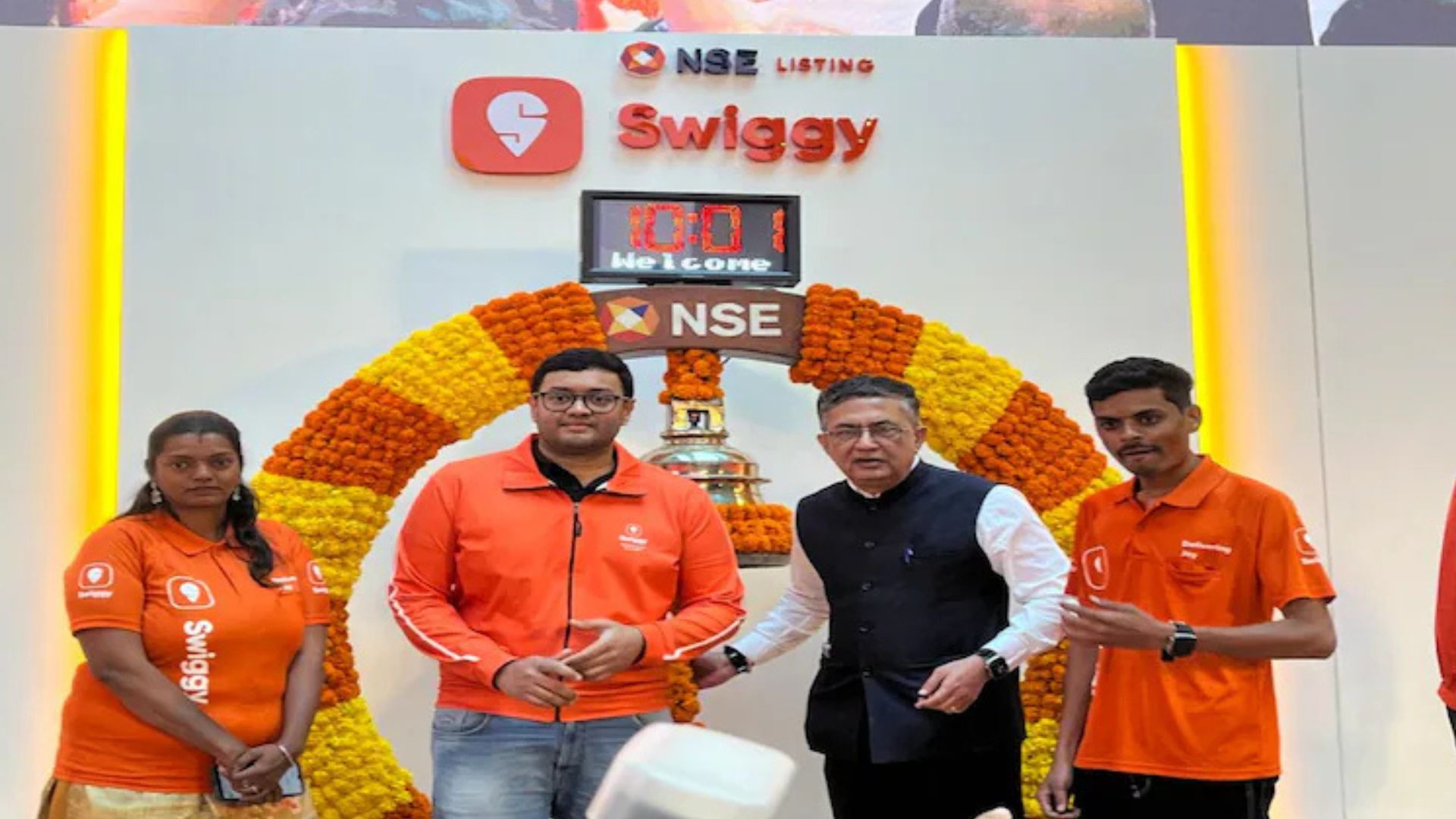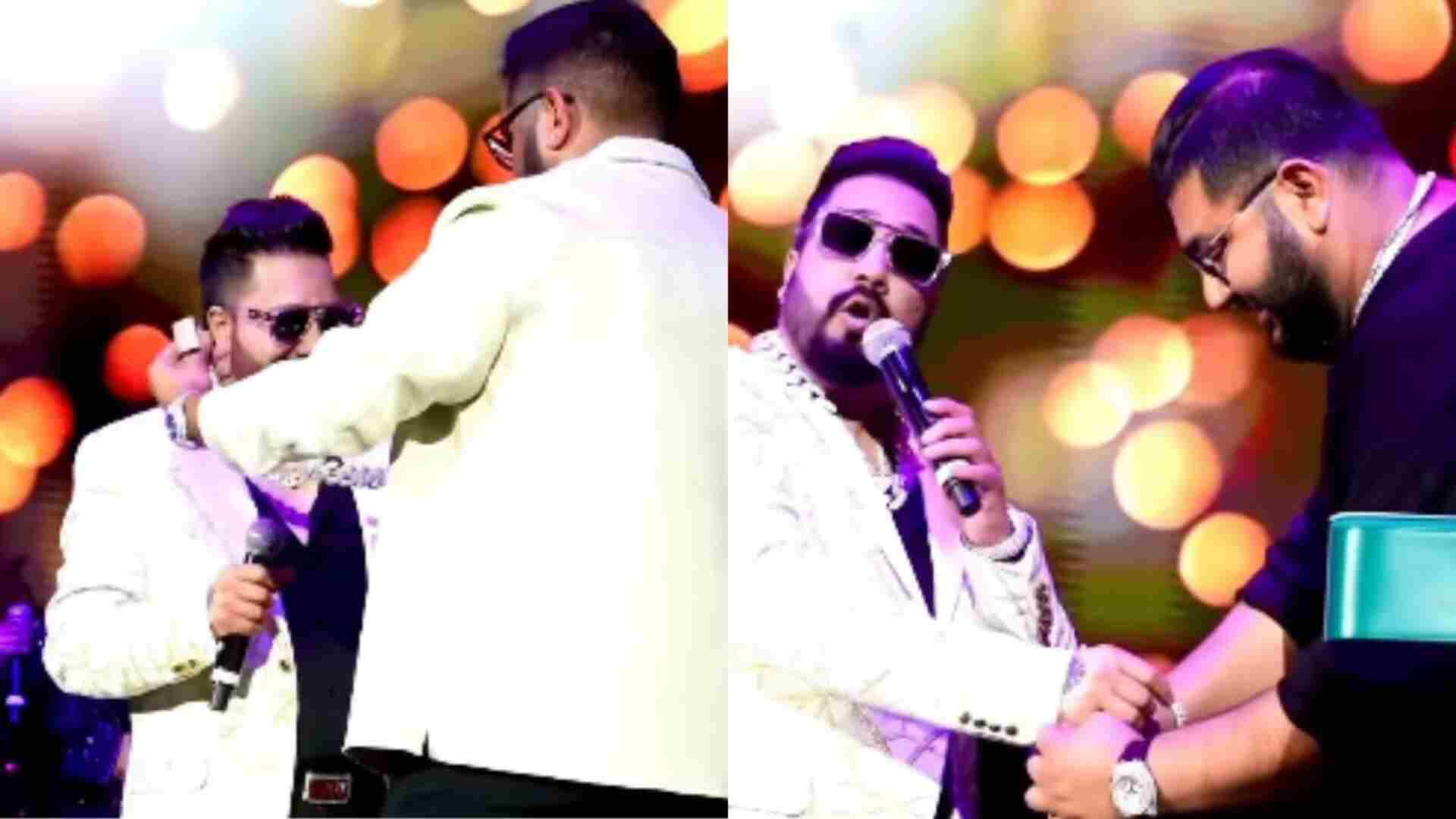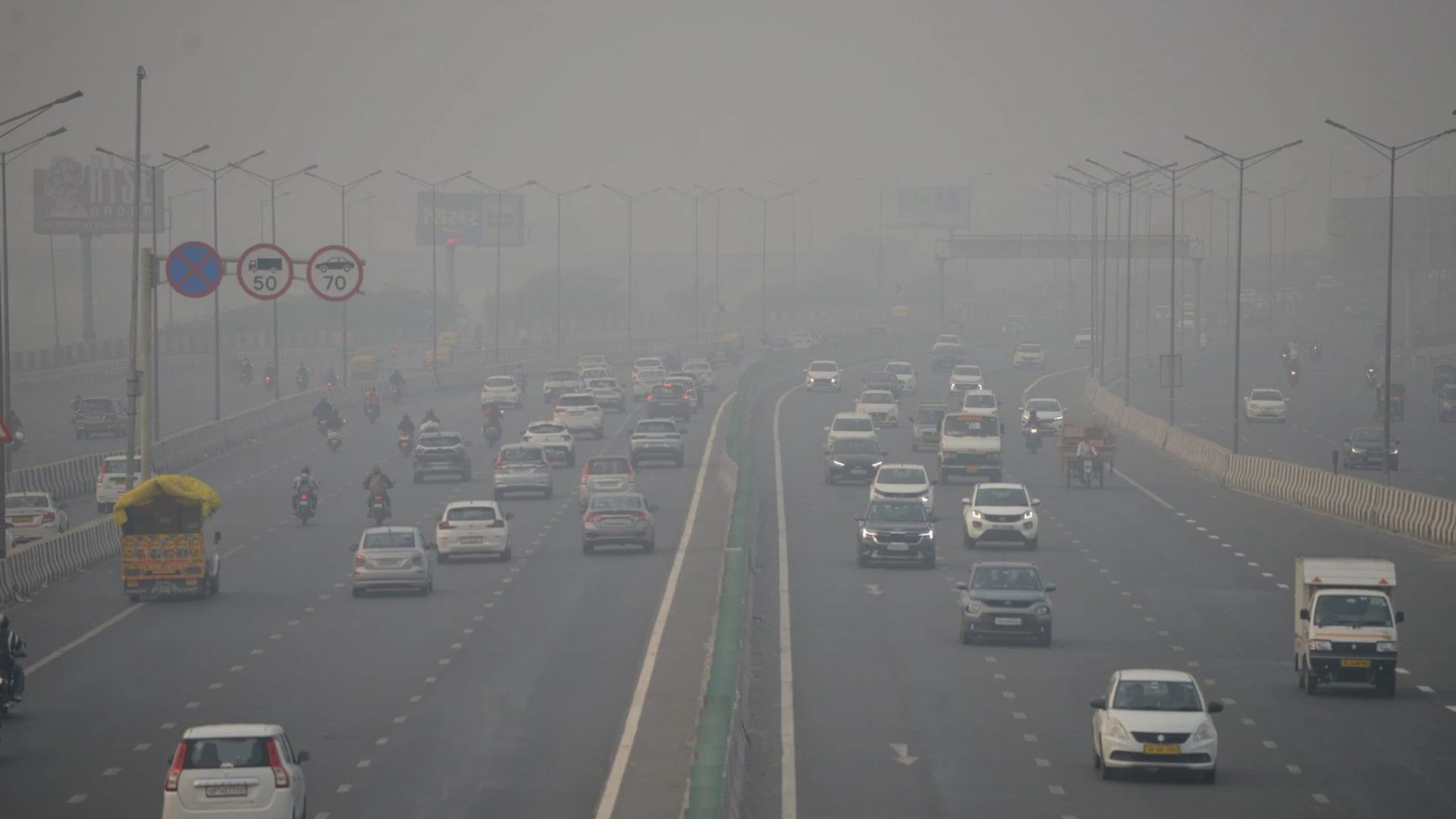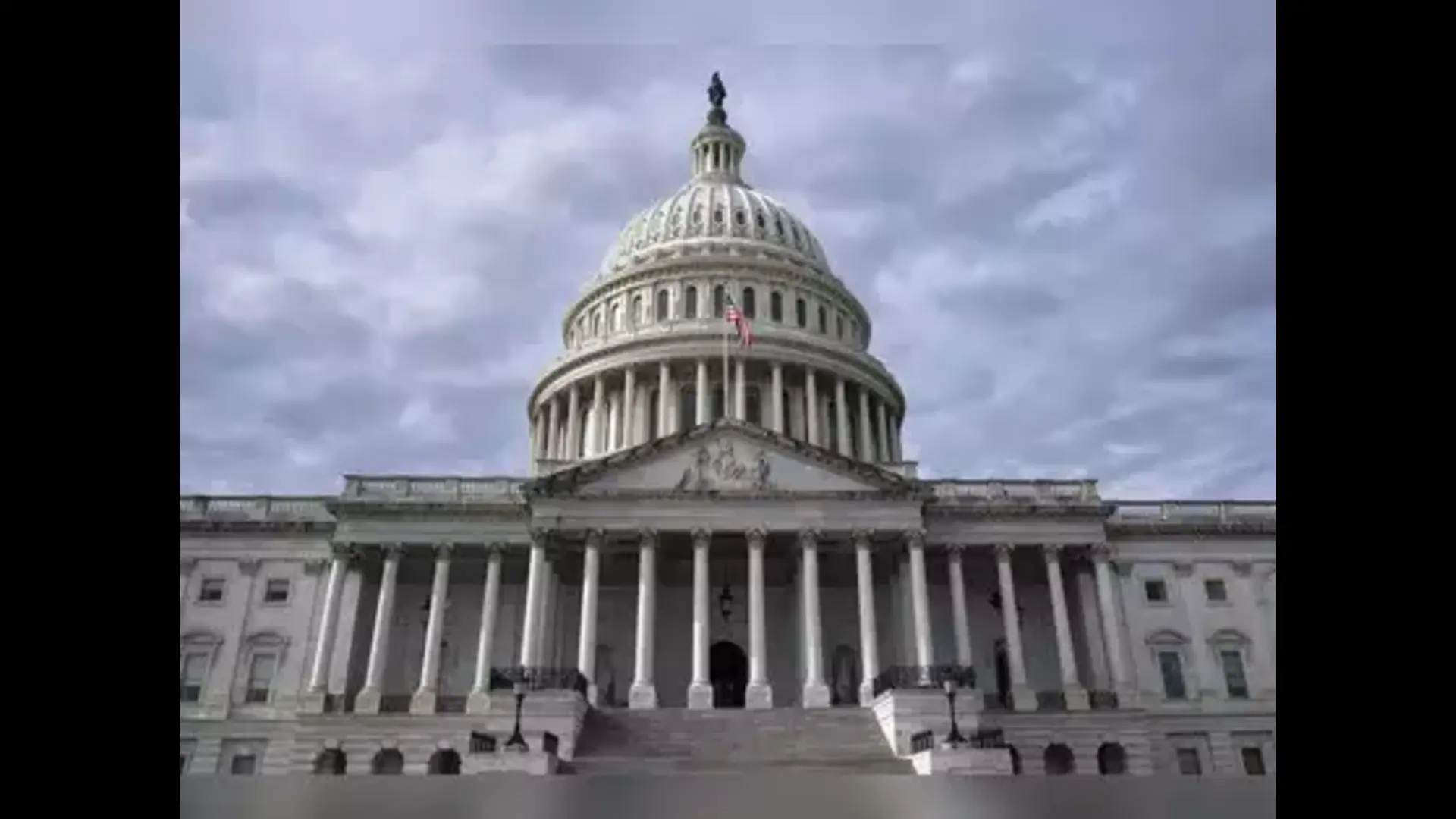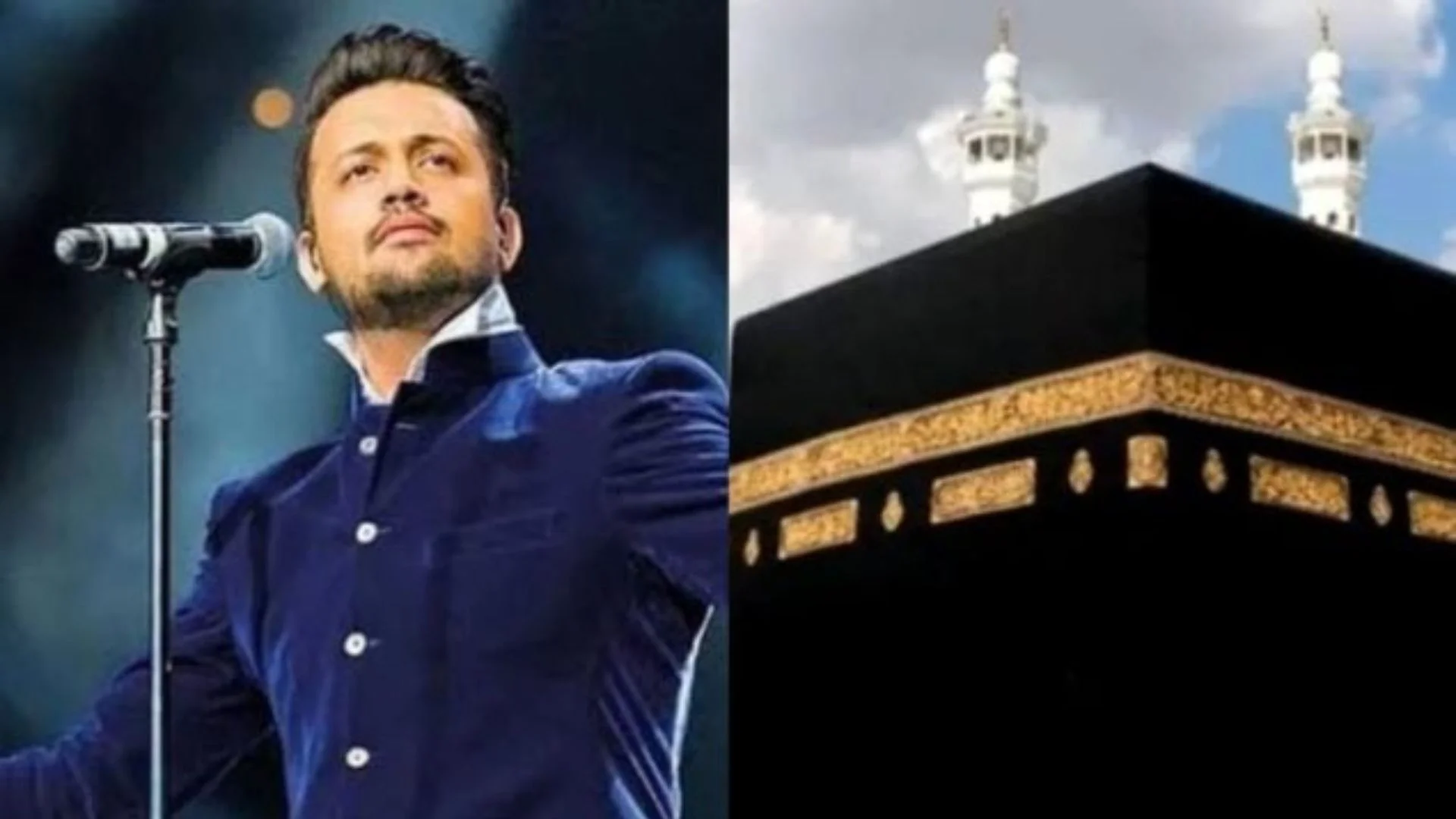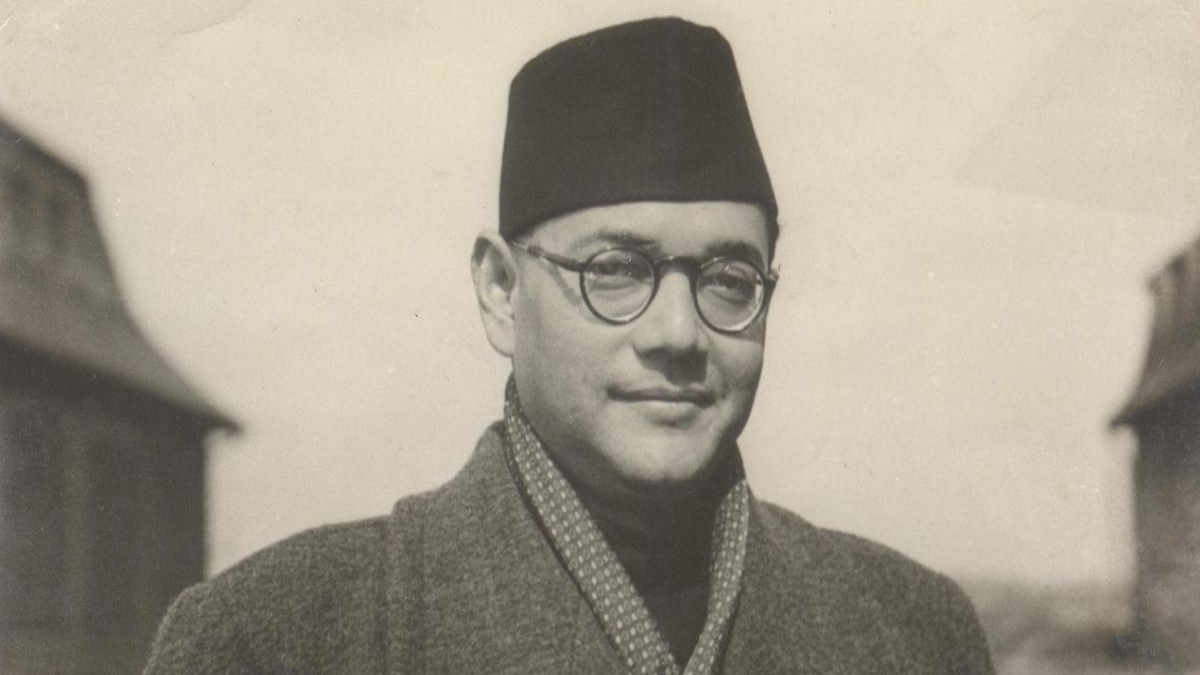
Subhas Chandra Bose’s (1897-1945) ideas about an ideal education policy for free India can be gathered from his autobiography, An Indian Pilgrim. The philosophy underlying his thoughts on an ideal education policy is not based on speculation or empty theorisation, but is found on his own experiences in school and college.
Bose’s first acquaintance with the formal education system commenced with his admission, in the year 1902, in Protestant European School (P.E. School), Cuttack, run by the Baptist Mission. The school was primarily run for European and Anglo-Indian boys and girls. It had fifteen percent reservation for Indian students. Most of the teachers were Anglo-Indian. Headmaster and Headmistress and a few other functionaries were from England. It was run on the English lines and followed the English school curricula.
The curricula of the school were so framed that the students ‘learnt much about the geography and history of Great Britain, but proportionally little about India’. So much so that teaching of any Indian language was not included in the curriculum. As a consequence, the students neglected their mother tongue, their culture and traditions altogether. The consequence of following such a curriculum was that they were taught Latin declensions, ‘bonus, bona, bonum’, and not Sanskrit declensions, ‘Gajaah, Gajow, Gajah’. In music they learnt ‘Do, Ray, Me. Fah’ and not ‘Sah, Ray, Gah, Mah’. In a nutshell, the aim of framing such a curriculum was, as Bose concludes, ‘to make us as English in our mental makeup as possible’.
During the first few years Bose and his friends were not even aware that ‘the education imparted (to them) was not suited to Indian conditions’. The Indian students in the school were given a differential treatment. Bose recalls, ‘as Indians we were a class apart, though we belonged to the same institution’.
Bose was among the top students of the school, and was quite satisfied with his surroundings. However, due to the change in regulations for appearing in the matriculation, intermediate and degree examinations, he recalls, ‘we were soon made to realise that the curriculum of the P.E. School did not suit us and that, unlike the other boys, we would have to begin anew the study of Bengali and Sanskrit when we joined an Indian school in order to prepare for the Matriculation Examination’. After studying for eight years in the school, Bose was admitted to an Indian school named Ravenshaw Collegiate School, Cuttack, in 1909. After completing his Matriculation from this school Bose moved to Presidency College and later to Scottish Church College Calcutta to finish his degree in Philosophy. For the preparation for his ICS examination, he joined Cambridge University.
During school days Bose noted ‘we eagerly learnt whatever came our way and fell completely in line with the school-system, as the other pupils did.’ In late 1937, while on a trip to England, reflecting upon the state of school education in India, Bose wrote in his unfinished biography ‘Only from this distance of time and with the help of an adult mind can I now analyse some of the factors that had been at work’.
As a result of his appraisal, he concluded that for India ‘a system of education which ignores Indian conditions, Indian requirements, and Indian history and sociology is too unscientific to commend itself to any rational support’. He recommended that ‘Education in the lower stages must be ‘national,’ it must have its roots in the soil. We must draw our mental pabulum from the culture of our own country. How can that be possible if one is transplanted at too early an age?’
Bose was against opening Indian schools on the lines of English public schools. Many Indians opened these schools on the assumption that English model of education helps in building bridges between the East and the West. They argue that such an education helps one to become an international citizen. According to Bose, ‘The proper psychological approach for a cultural rapprochement between the East and the West is not to force English education on Indian boys when they are young, but to bring them into close personal contact with the West when they are developed, so that they can judge for themselves what is good and what is bad in the East and in the West’. For the same reason Bose was against ‘sending boys and girls to schools abroad quite alone at an immature age’.
Having undergone the experience of studying in a school which had no place for what is Indian, Bose said, ‘Considering everything, I should not send an Indian boy or girl to such a school now. The child will certainly suffer from a sense of maladaptation and from consequent unhappiness, especially if he or she is of a sensitive nature’. An inevitable result of studying in the English schools is the conflict that arose out of it. The students live in two distinct worlds. The two ‘worlds (do not) not always match. There is, on the one hand, the influence of family and society which (is) India(n). There (is), on the other, another world, another atmosphere, where (the students) spend most of their working days, which is not England, of course, but a near approach to it’.
Creation of two types of school—one which follows an English paradigm of education, and the other which gives importance to Indian languages and values—creates an unbridgeable crevasse in the society. It psychologically creates a sharp distinction between ‘us’ and ‘them’. This distinction divides our lived society vertically and affects its harmony adversely.
Bose warned that if those ‘who tackle the problem of child education in India’ do not take into account ‘the uncongenial influences which mould the child’s mind’ and keep following the English model of education, then ‘it is possible in a country like India and especially in families where conservative, parochial, sectarian, or caste influences reign supreme, to grow into maturity and even obtain high University degrees without being really emancipated. It often happens, therefore, that at some stage or other one has to revolt against social or family conventions.’
Even about the college education, Bose observed, ‘I actually acquired not wisdom but intellectual discipline and a critical frame of mind’. However, higher education in India ought to aim at a system which helps its students to acquire wisdom and application of what they learn in the colleges and universities.
About going abroad for education Bose was of the considered opinion ‘that Indian students should go abroad only when they have attained a certain level of maturity. In other words, as a rule, they should go after graduation. In that ease they can make the most of their stay abroad’.
Bose was very impressed by the freedom enjoyed by students at Cambridge, where he had gone to prepare for his ICS examination in 1920. The university administration regarded all students as responsible citizens and allowed them to participate in political activities.
Bose advocated active participation of students in politics as, firstly, they ‘cannot afford to be blind to the all-important problem of how to achieve our political emancipation’. Secondly, ‘If, in India, students do not take active part in politics, from where are we to recruit our political workers and where are we to train them?’
Despite several Education Commissions appointed by the Government of India, the situation on the ground both in the school and university level has not changed much. The English model of education, public schools, public as well as private universities continue to promote the status quo. It is time to pay heed to what Bose said.
The writer is former Professor of Philosophy, University of Delhi, Delhi. The views expressed are personal.
Bose was against opening Indian schools on the lines of English public schools. Many Indians opened these schools on the assumption that English model of education helps in building bridges between the East and the West. They argue that such an education helps one to become an international citizen. According to Bose, ‘The proper psychological approach for a cultural rapprochement between the East and the West is not to force English education on Indian boys when they are young, but to bring them into close personal contact with the West when they are developed.’
